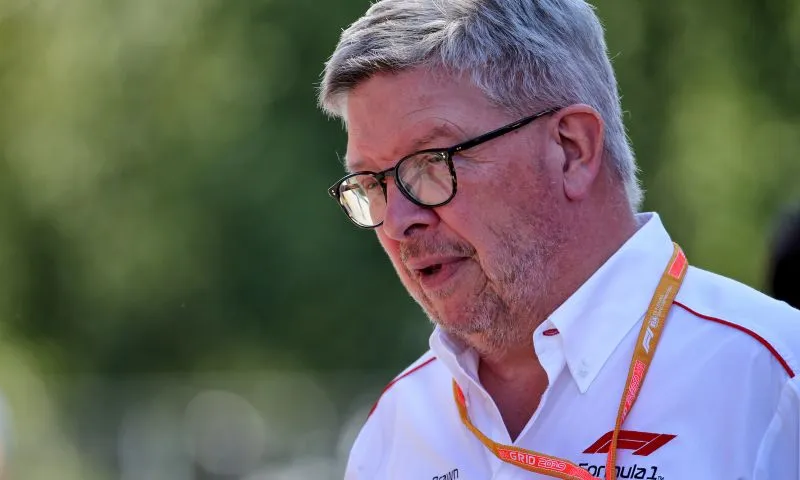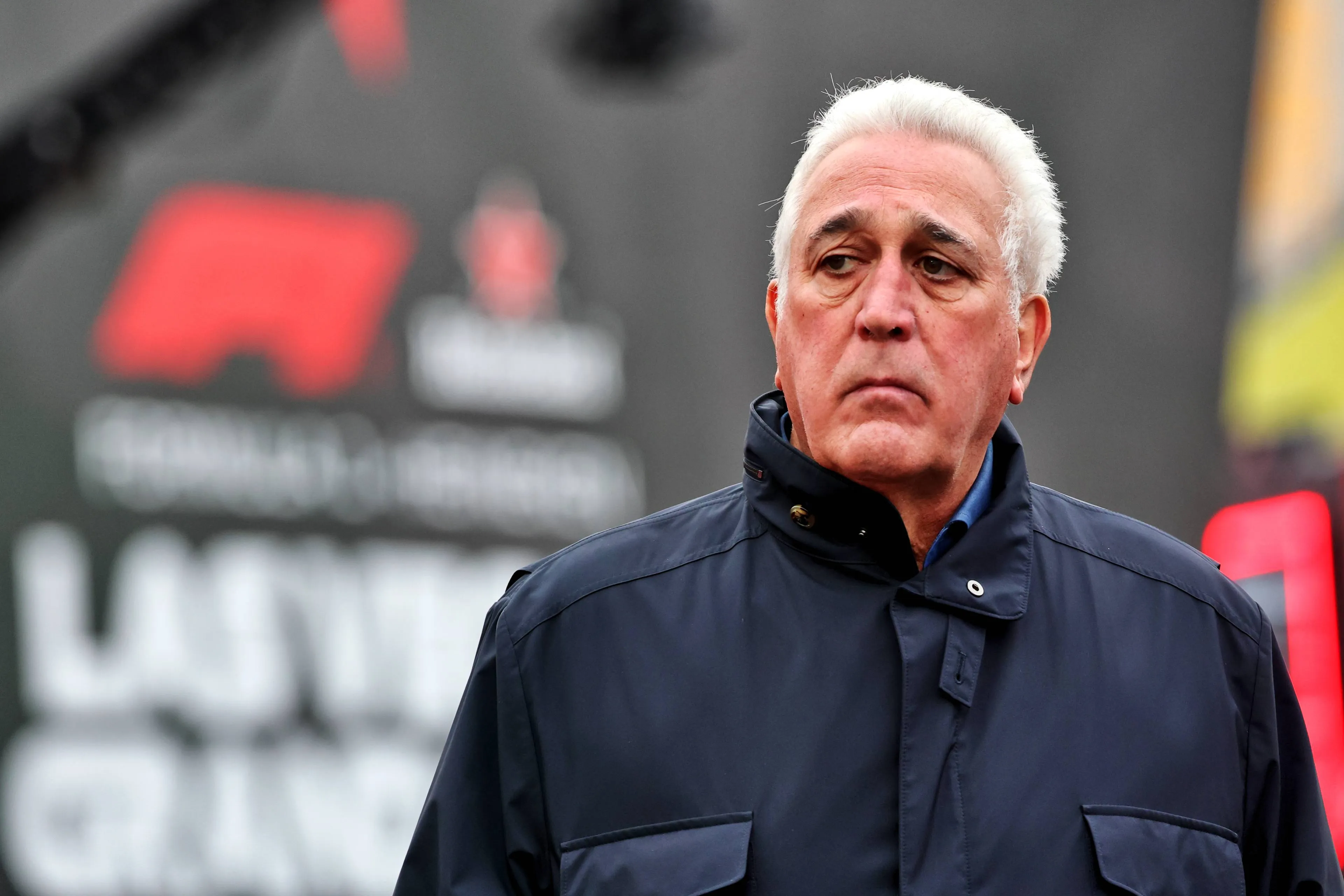Apart from the cornacrisis, there is a lot of talk about the budget ceiling. Mainly about the fact where exactly that cap should be.The teams haven't decided anything yet although it looks teh cap like it will be lowered again.
So far, they want to reduce costs step by step every year. Because of the coronary pandemic, the teams have already agreed that the amount will be 150 million instead of the previously established 175 million. Several teams are in favour of an even lower cap and are in favour of a reduction to 100 million. It seems that the cap will initially be 130 million in 2022.
Within Formula 1 there are many different interests and the difference in financial possibilities is large. The richer teams don't want to go as low at the same time, although there is a chance that the current crisis will make the choice easier for these teams. Director Ross Brawn believes it might be time for a big change.
"Maybe it's time for a reset and we have to say that we worked a certain way when the f1 was financially more stable, and now it's time for a different point of view. Time for a reset in terms of the costs and investments needed in Formula 1".
Paradox in Formula 1
If you are successful in Formula 1 you have money. The sport attracts worldwide attention and is a great platform for sponsors, especially if you are involved in a successful team. Mercedes is doing well in Formula 1.
"The paradox in Formula 1 is that success pays off. That's the way it is. If you are a brand like Mercedes, the rewards in Formula 1 are high. A lot higher than the costs. So although Mercedes has a very high budget the rewards are even higher so they can spend a bit more every year. The same goes for Red Bull", concludes the director of Formula 1 against Planetf1.
The problem is that by no means all teams are so successful, so the gap between the top teams and the rest is large. So if it is up to Brawn, this seems to be the time to do something about it by reducing spending even more than already planned.
Read more about:
Popular on GPBlog
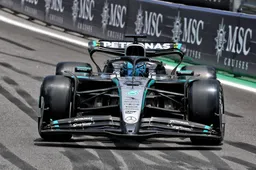
1
'Power unit manufacturers crack 2026 issue', Verstappen stuns fellow driver
3554 times read

2
Verstappen shares: this driver took the bill from him at the 2025 F1 dinner
1937 times read
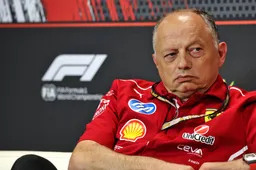
3
'Ferrari lags behind Mercedes and Red Bull, and goes on the offensive'
1866 times read
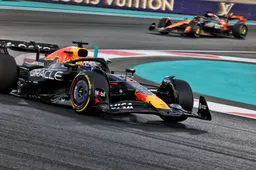
4
Mercedes and Red Bull set for big F1 2026 edge after FIA-approved trick
1294 times read
Loading
